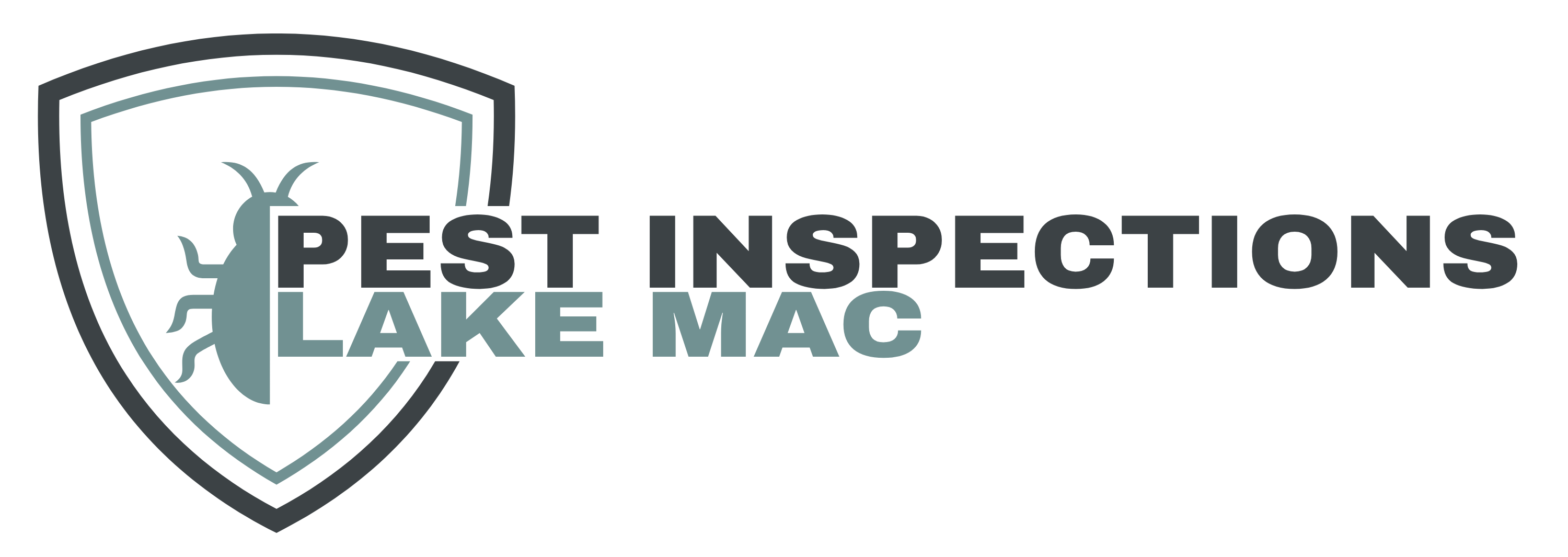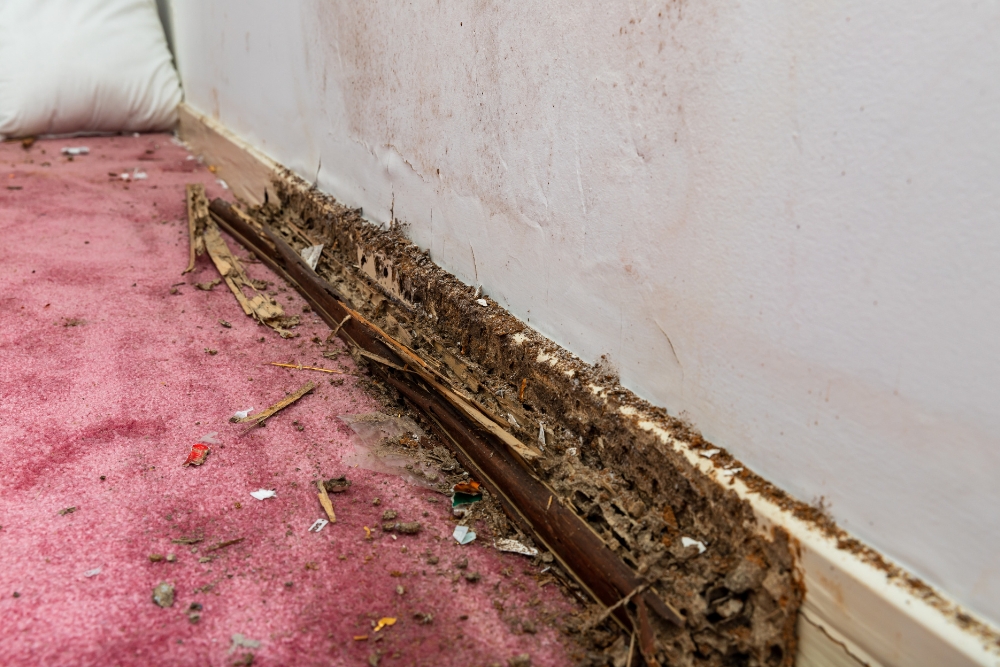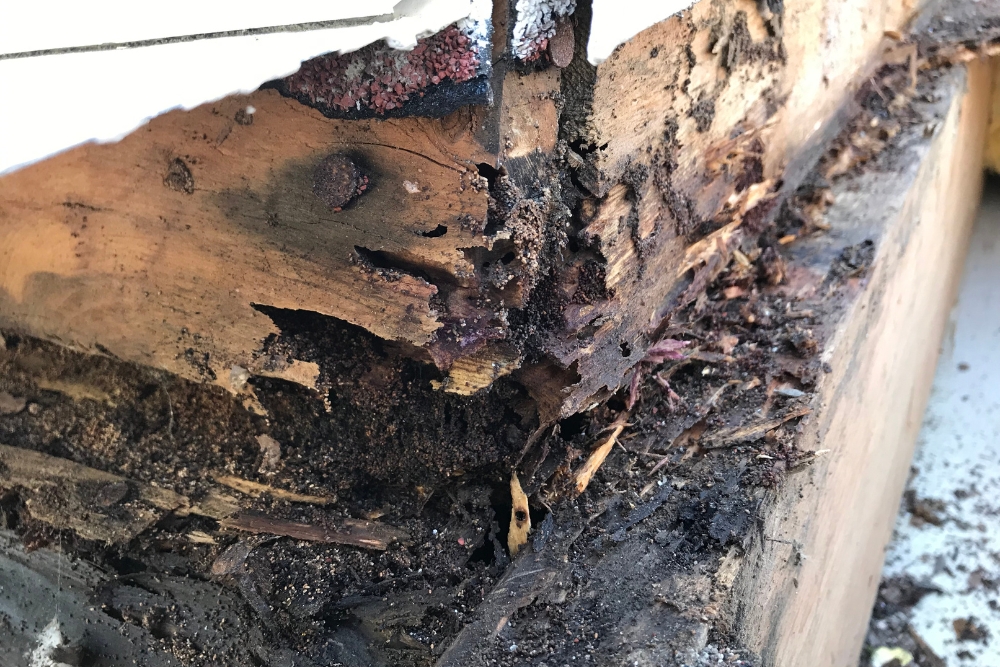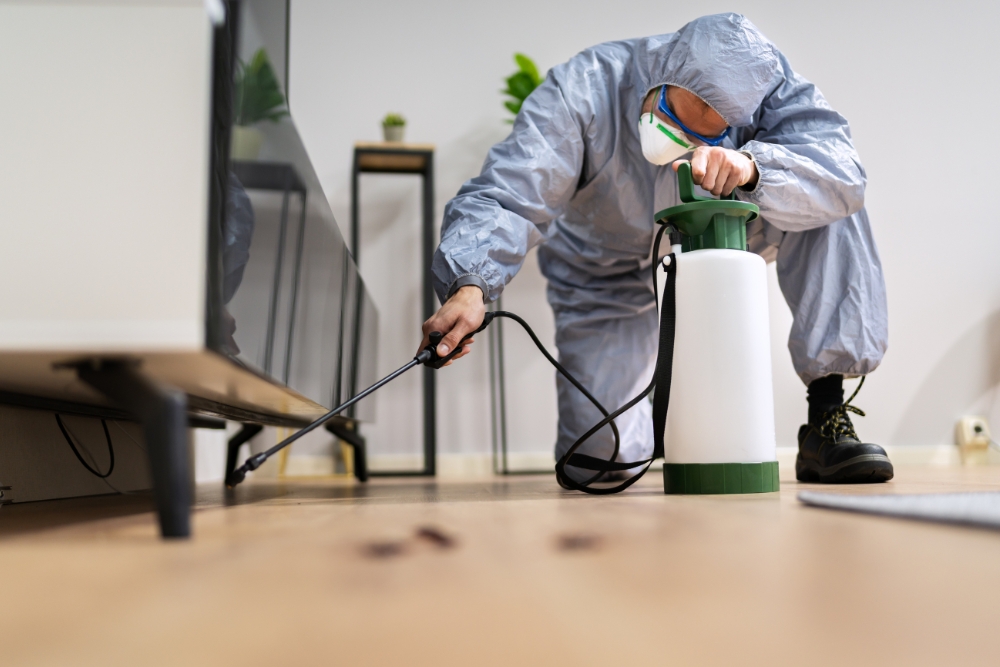Buying a home is one of the biggest decisions you’ll make, and it’s important to get it right. Integrating pest inspections into your homebuying process can save you from unexpected problems like structural damage and hidden pest infestations.
These inspections are crucial for making sure the property meets all building codes and regulations, giving you peace of mind about your investment’s safety and legality. The professionals involved in these inspections, including homeowners, building inspectors, and pest inspectors, play key roles in identifying any issues with the property.
Using reports from these inspections can even help you negotiate a better purchase price or ensure repairs are made before buying. This protects both your wallet and future happiness in your new home.
Finding a qualified inspector with plenty of experience is vital to avoid poor-quality inspections that could overlook significant problems. We’re here to guide you through every step. Let’s explore how smart buying involves integrating pest inspections into your decision-making process for a happier home life ahead.
Key Takeaways
- Pest inspections can reveal hidden problems in a home, like structural damage and pest infestations, saving you from unexpected expenses later on.
- Having a detailed inspection ensures that the property meets building codes and regulations, offering peace of mind about your investment’s safety and compliance.
- Professionals conducting these inspections play essential roles; homeowners provide access while building and pest inspectors assess the property for any issues.
- Using inspection reports as part of your negotiations can help lower the purchase price or have repairs completed before buying, protecting both your wallet and future home enjoyment.
- Choosing a qualified and experienced inspector is crucial to avoiding subpar inspections that could miss significant defects or pest problems.
The Importance of Pest Inspections When Buying a Home
Pest inspections play a pivotal role in the home-buying process, serving as essential due diligence that can unveil hidden structural issues and pest infestations which could lead to costly repairs down the line.
By meticulously examining potential problem areas, these inspections can reveal the presence of termites, rodents, or other pests that compromise the integrity of the property.
Moreover, they verify the property’s compliance with current building codes and regulations, ensuring that your investment is sound and up to standards.
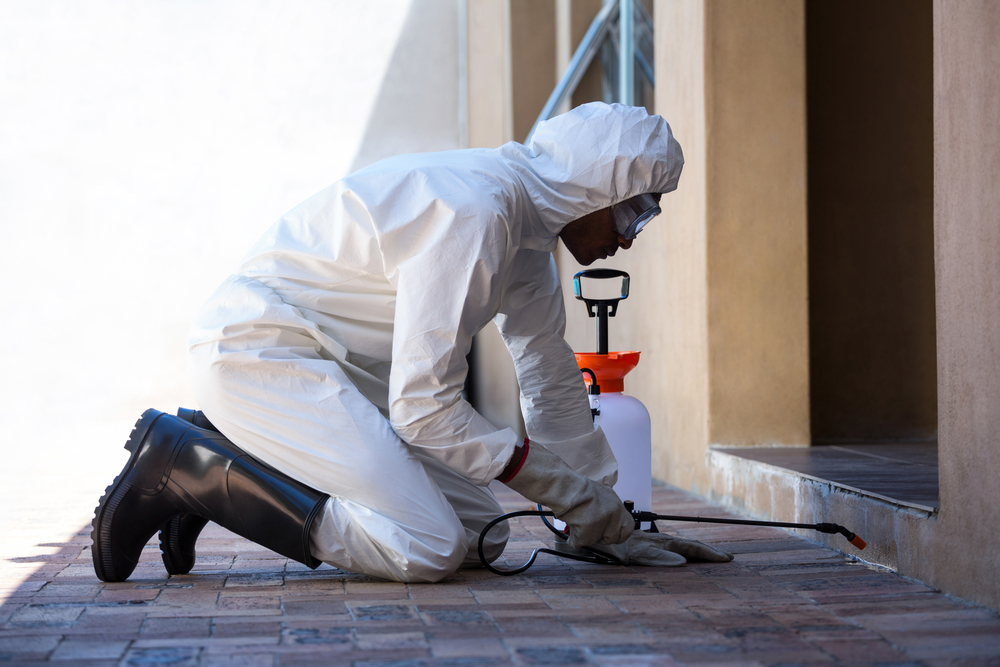
This level of insight provides prospective homeowners with peace of mind, knowing that their future residences won’t immediately require extensive and expensive remediation efforts. Ultimately, incorporating pest inspections into the purchasing process safeguards buyers from unforeseen expenses and helps secure the longevity and value of their investment.
Identifying structural issues
We always include a thorough check for structural issues during the property inspection phase of the homebuying process. Cracks in walls, uneven floors, and signs of water damage can all point to potential problems that could cost a fortune down the line. Our goal is to uncover any hidden defects that could affect your investment or safety.
Our team meticulously examines every aspect of a property’s structure from foundation to roof. This ensures we catch any indicators of past, present, or future structural weaknesses. Spotting these issues early gives you leverage in negotiating repairs or adjusting your offer accordingly, safeguarding your investment before making it official.
Detecting pest infestations
Uncover hidden threats. Pest infestations can wreak havoc on your dream home, causing structural damage and posing health risks to occupants. Conducting a thorough pest inspection is crucial to safeguard your investment and ensure a safe living environment.
Engage qualified inspectors familiar with the Australian property market to detect termites, rodents, or other unwelcome guests lurking within your potential residence.
Ensuring compliance with building codes and regulations
To ensure compliance with building codes and regulations, it is crucial to have a thorough understanding of the local requirements for home construction. This involves adhering to specific standards and guidelines set forth by regulatory authorities.
Building inspectors play a vital role in this process, conducting detailed assessments to ensure that all structural elements meet the necessary code requirements. Building inspectors must stay up-to-date with any changes or updates in building regulations to effectively carry out their duties, maintaining the integrity and safety of residential structures.
Pest inspections are not only about identifying infestations but also ensuring that homes comply with building codes and regulations. Building inspectors need to be knowledgeable about these codes to uphold standards during property inspections and provide homeowners with accurate information about potential issues.
The Role of Building and Pest Inspections in the Homebuying Process
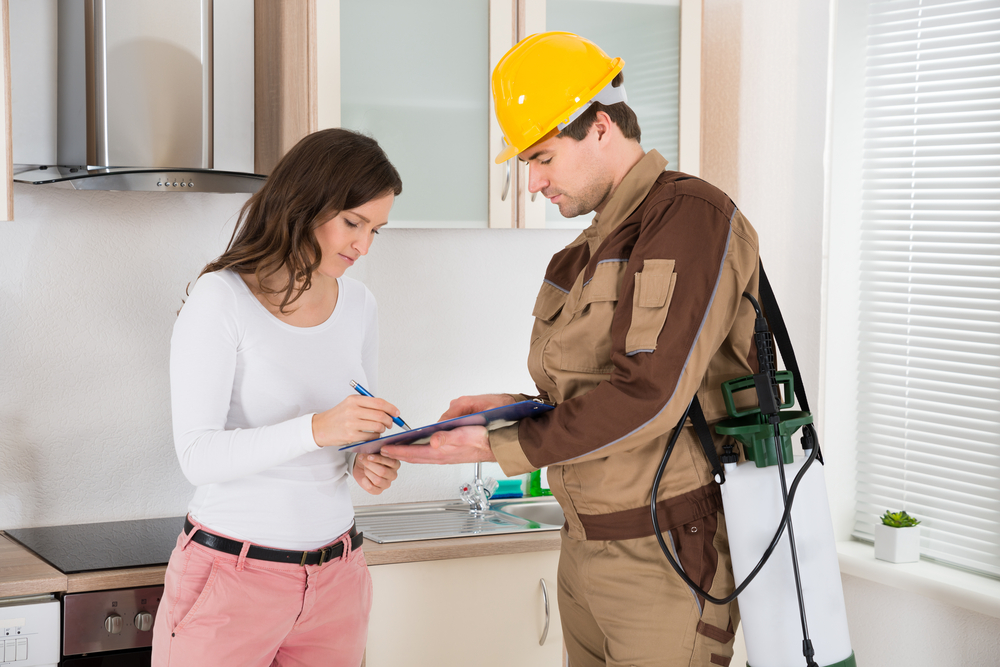
Building and pest inspections are indispensable parts of the home-buying process, acting as critical safeguards for potential homeowners. These inspections, carried out by skilled professionals, delve deep into the property’s condition, scrutinising it for structural soundness and ensuring it is not compromised by pest infestations such as termites, rodents, or wood borers.
They meticulously investigate every nook and cranny to identify possible problems that could cost significant amounts in repairs if overlooked, thus ensuring the property meets or exceeds local building codes and standards.
The detailed reports generated from these inspections offer prospective buyers invaluable insights, allowing them to make informed decisions regarding their investment. By leveraging the findings from these assessments, buyers can negotiate repair terms, adjust the offering price, or even decide against the purchase if the issues are too daunting, ensuring they enter into their new home purchase with their eyes wide open.
The major players involved
In the process of a building and pest inspection, homeowners are important participants. They provide access to the property and may also have valuable insights about any previous issues or maintenance that has been carried out.
The role of building inspectors is crucial in assessing the structural integrity and safety of a property, while pest inspectors play a key part in identifying any existing or potential infestations that could cause damage.
What a building inspector should do
When conducting a building inspection, we should:
- Thoroughly examine the structure and foundation of the property for any signs of damage or wear.
- Inspect all visible areas for evidence of pest infestations, such as termites or rodents.
- Evaluate the overall condition of the property’s plumbing, electrical systems, and roofing to identify potential issues.
- Provide detailed reports with photographs and descriptions of any findings to ensure transparency with clients.
- Offer recommendations for necessary repairs or maintenance based on the inspection results.
This comprehensive approach ensures that potential homebuyers have a clear understanding of the property’s condition before making a purchase decision.
Steps involved in a pre-purchase inspection
- Engage a certified pest inspector to conduct a thorough examination of the property.
- The inspector will meticulously examine the interior and exterior of the house for signs of pest infestation.
- They will specifically look for termite activity, as termites can cause extensive damage to the structure.
- The inspector will assess areas vulnerable to pests, such as crawl spaces, attics, and basements.
- A detailed report outlining any identified issues will be provided, including recommended actions for remediation.
How to Choose a Trustworthy Building Inspector
Selecting a trustworthy building inspector is a pivotal step in ensuring your potential property investment is sound and secure.
It’s imperative to confirm that the inspector is not only licensed but also fully qualified, possessing the requisite certifications that signify their expertise in the field.
Investigating their credentials further, including years of experience and areas of specialisation, can provide reassurance of their capability to accurately assess a property.
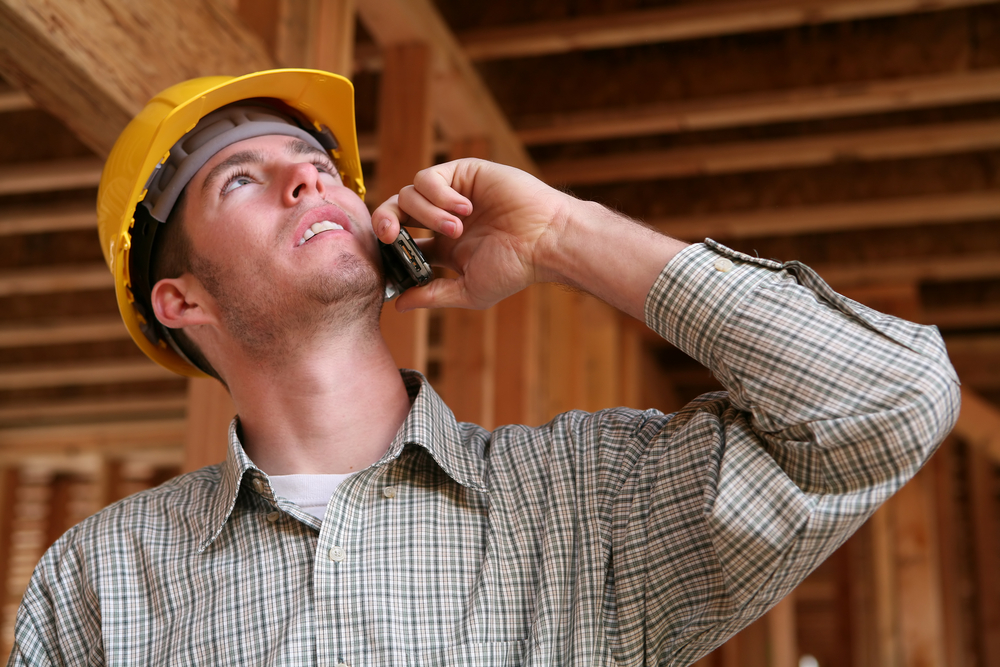
Additionally, seeking reviews or testimonials from previous clients can offer insights into the inspector’s reliability and thoroughness. Beware of inspectors who offer surprisingly low rates or promise unusually quick inspections, as these can be red flags indicating a lack of depth in their assessment, potentially leading to overlooked issues that could cost you significantly in the long term.
Licensing and qualifications
Building inspectors must hold a valid license and the appropriate qualifications to conduct thorough inspections. This ensures that they have the necessary knowledge and expertise to identify potential issues in your potential new home.
When choosing a building inspector, look for valid licensing, membership with professional associations like the Master Builders Association (MBA) or Housing Industry Association (HIA), and relevant qualifications such as Certificate IV in Building and Construction (Building).
Checking these credentials can ensure that you are engaging a qualified professional who will carry out an accurate assessment of the property.
Pest inspectors should also hold relevant licenses, ensuring they have undergone specific training that qualifies them to identify various pests common in Australian homes. Look for professionals holding certifications from reputable authorities such as the Australian Environmental Pest Managers Association (AEPMA) or similar industry bodies.
Checking for credentials and experience
Before engaging a building inspector, it’s crucial to verify their licensing and qualifications. It is advisable to check for their credentials and experience by reviewing their track record and seeking client feedback.
Additionally, homeowners should ensure that the chosen building inspector has relevant experience in inspecting properties similar to theirs. By doing so, one can be confident in choosing an expert who not only meets industry standards but also offers tailored expertise in assessing your potential property for any existing or potential issues.
For pest inspectors, it’s essential to seek professionals with robust credentials and extensive experience in conducting thorough pest inspections on diverse types of properties. This approach underpins the significance of entrusting this aspect of the inspection process to individuals equipped with knowledge specific to Australian pests and regional factors that influence infestations.
Avoiding dodgy inspections
To avoid dodgy inspections, ensure the building inspector holds the necessary licensing and qualifications. Check for their credentials and experience to guarantee a reliable inspection.
Be vigilant about any signs of questionable practices or lack of thoroughness. Always verify the reputation and credibility of the building inspector before engaging their services.
Building inspectors should adhere to strict standards, carrying out inspections with diligence and attention to detail. Insist on transparency throughout the process, asking questions about any concerns or uncertainties that arise during the inspection.
Engaging in open communication will help establish trust and confidence in the outcomes of your property assessment.
Using Inspection Findings in Negotiations

Leveraging the findings from property inspections in the negotiation phase of purchasing a home provides a strategic advantage, allowing for informed discussions regarding price adjustments and necessary repairs.
These detailed reports illuminate any underlying issues with the property, from structural defects to pest infestations, offering tangible evidence to support your case for a reduced price or for the seller to undertake repairs before the sale is finalised.
This not only ensures that you’re paying a fair price for the property but also safeguards your investment, reducing the risk of future unforeseen expenses.
Having this information at your disposal can significantly bolster your negotiating position, providing a clear basis for your requests and demands. Ultimately, using inspection findings in negotiations not only brings potential savings and advantages in the purchasing process but also instils greater confidence and peace of mind in your decision to buy, knowing that you have thoroughly assessed the property’s condition.
Negotiating prices and repairs during the homebuying process
When negotiating the price and repairs of a property, it is essential to understand the inspection findings and leverage them effectively. Here are the key steps involved in this process:
- Use the pest inspection report: Highlight any pest infestations or damage found during the inspection that may affect the property’s value.
- Address structural issues: Negotiate with sellers based on any structural problems uncovered during the building inspection, such as foundation weaknesses or roofing issues.
- Estimate repair costs: Get quotes from professionals to accurately determine repair costs for any identified issues and use these when bargaining for a fair price.
- Seek professional advice: Consider consulting with a building inspector or a real estate agent to help guide your negotiation tactics based on the inspection findings.
- Request necessary repairs: In certain cases, negotiate with the seller to have them address specific repair tasks before finalising the purchase.
These steps will arm you with crucial information to confidently negotiate in your best interest, protecting your investment and ensuring peace of mind.
Protecting your investment
Protecting your investment in a property is crucial. Using the inspection findings to negotiate prices and repairs can help safeguard your investment. Understanding the property’s condition assessment ensures that you make an informed decision when negotiating with the seller.
By leveraging inspection reports, you can steer clear of potential financial risks associated with hidden structural or pest issues. This approach not only protects your financial interests but also provides peace of mind for your purchase.
Ensuring compliance with building codes and regulations is essential in protecting your investment, as it avoids unexpected costs down the line and helps maintain the value of your property over time.
Peace of mind for your purchase
You can have peace of mind when making your purchase by using the findings from pest inspections to negotiate price and repair costs. This helps you protect your investment and ensure that you make an informed decision.
Homeowners, building inspectors, and pest inspectors need to collaborate effectively throughout the process. By doing so, we can guarantee a smooth homebuying experience while addressing any potential issues uncovered during the inspection.
Moreover, leveraging inspection findings in negotiations provides clarity on property conditions, offering reassurance to all parties involved in the transaction. This active approach fosters transparency and trust among buyers, sellers, and inspectors alike.
Call Us!
By integrating pest inspections into your homebuying process, you can identify structural issues, detect pest infestations, and ensure compliance with building codes and regulations.
This practical approach enables you to make an informed decision based on the findings of the inspection. It’s important to emphasise that using these strategies can lead to significant improvements in negotiating price and repairs, protecting your investment, and offering peace of mind for your purchase.
Should you require further guidance or resources on this topic, many reputable professionals are available to assist in making smart buying decisions. Taking proactive steps in pest inspections is essential for securing a safe and sound investment while avoiding potential pitfalls down the road.
